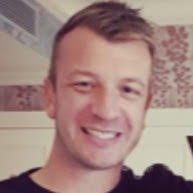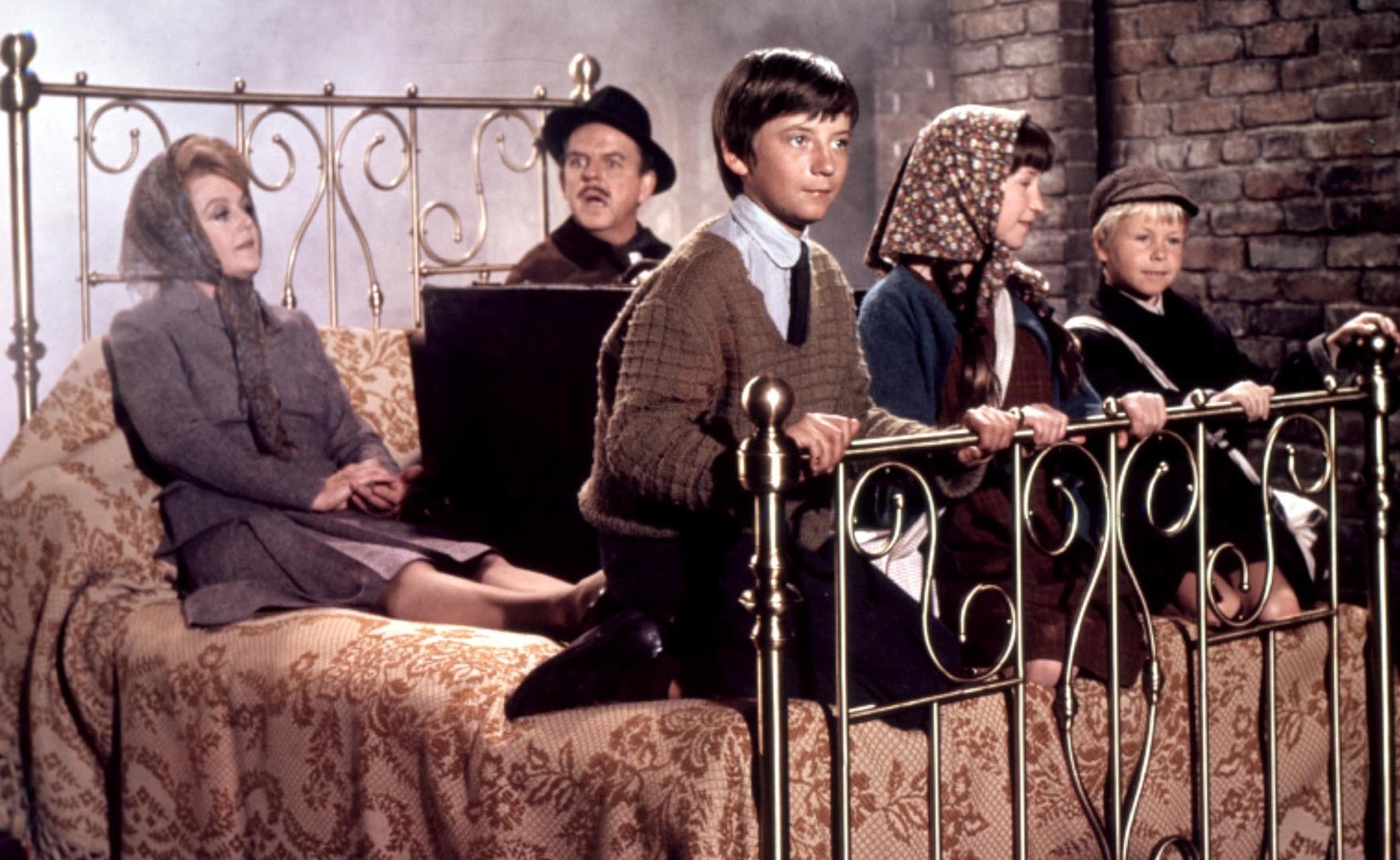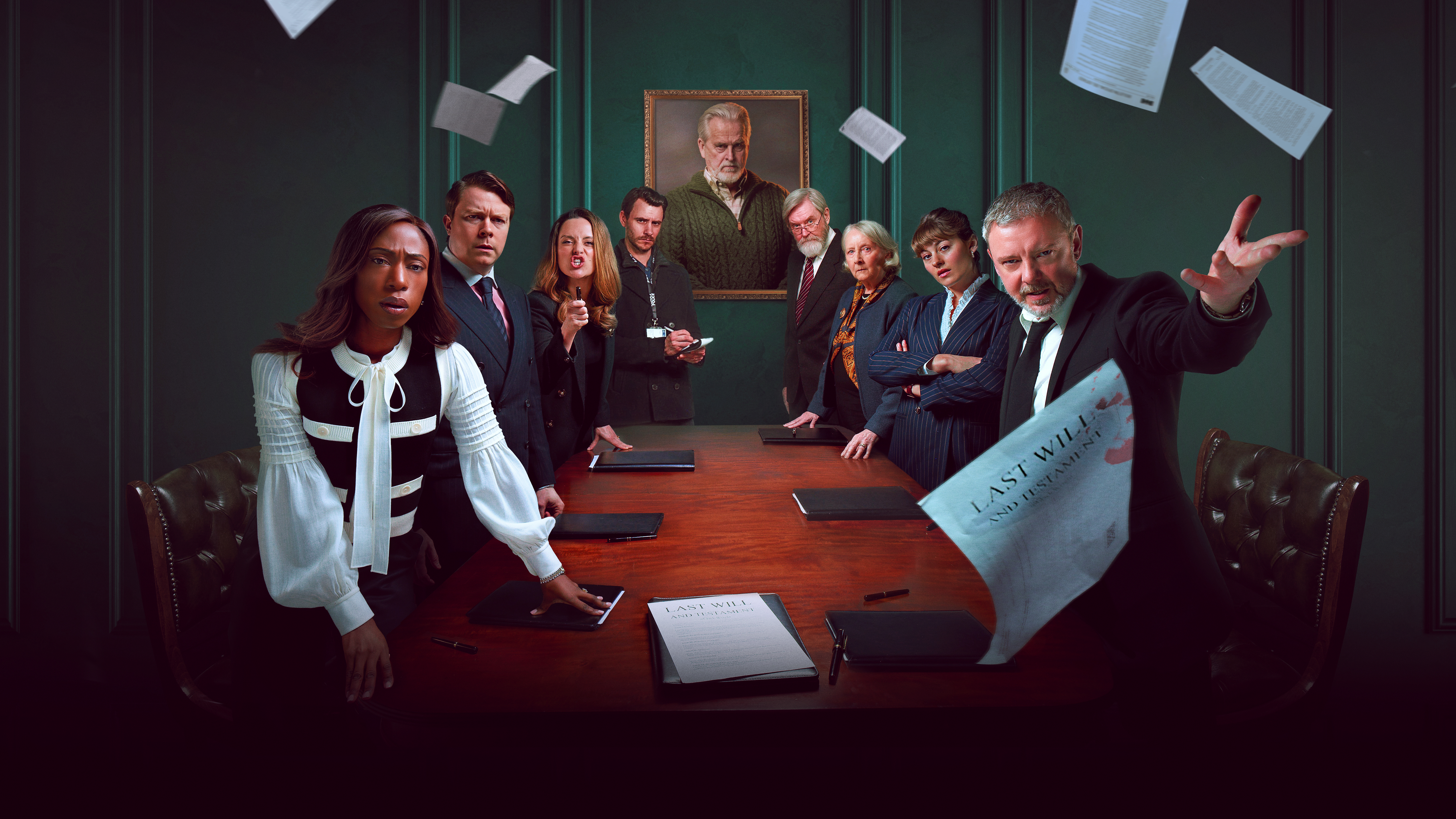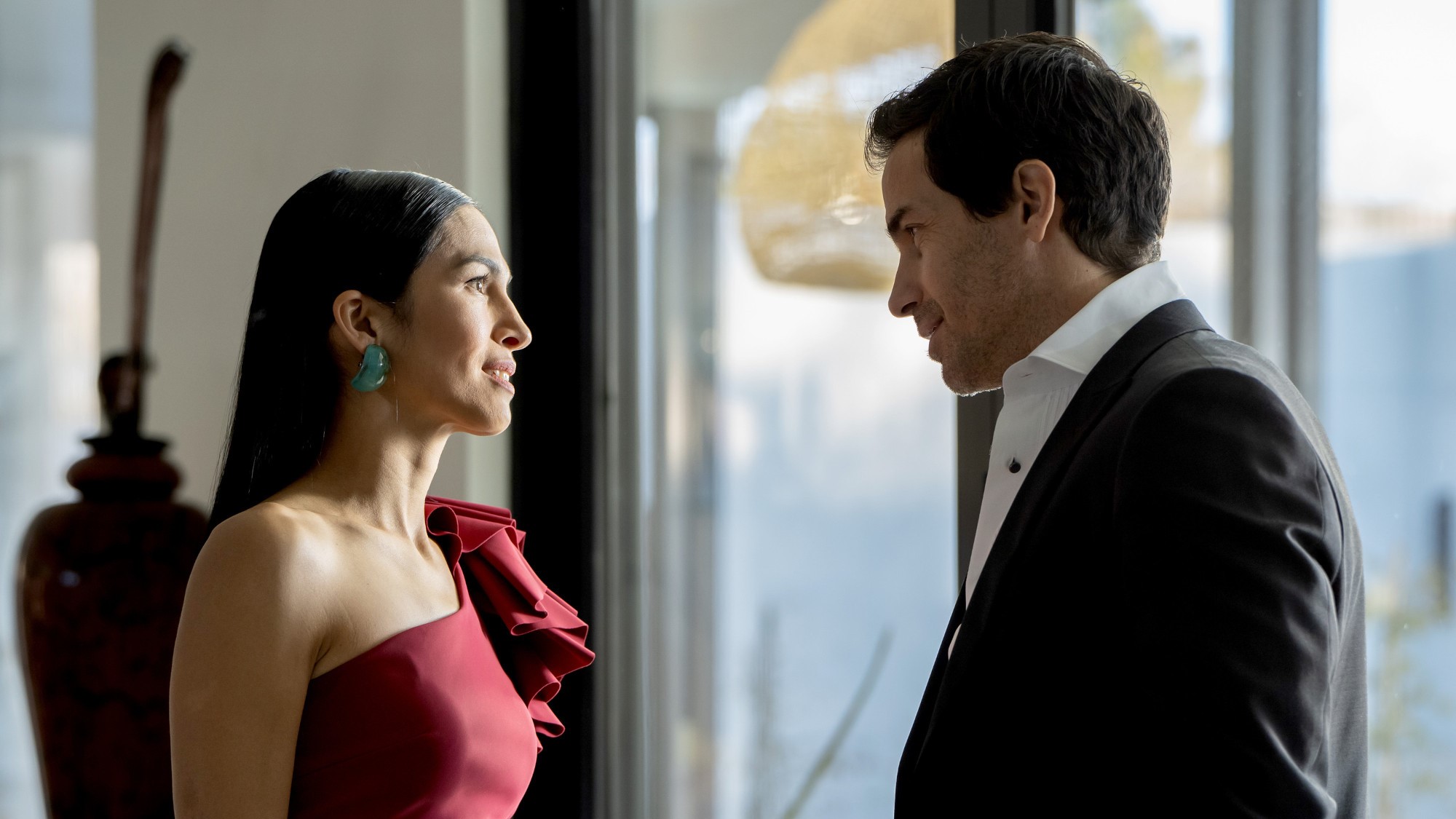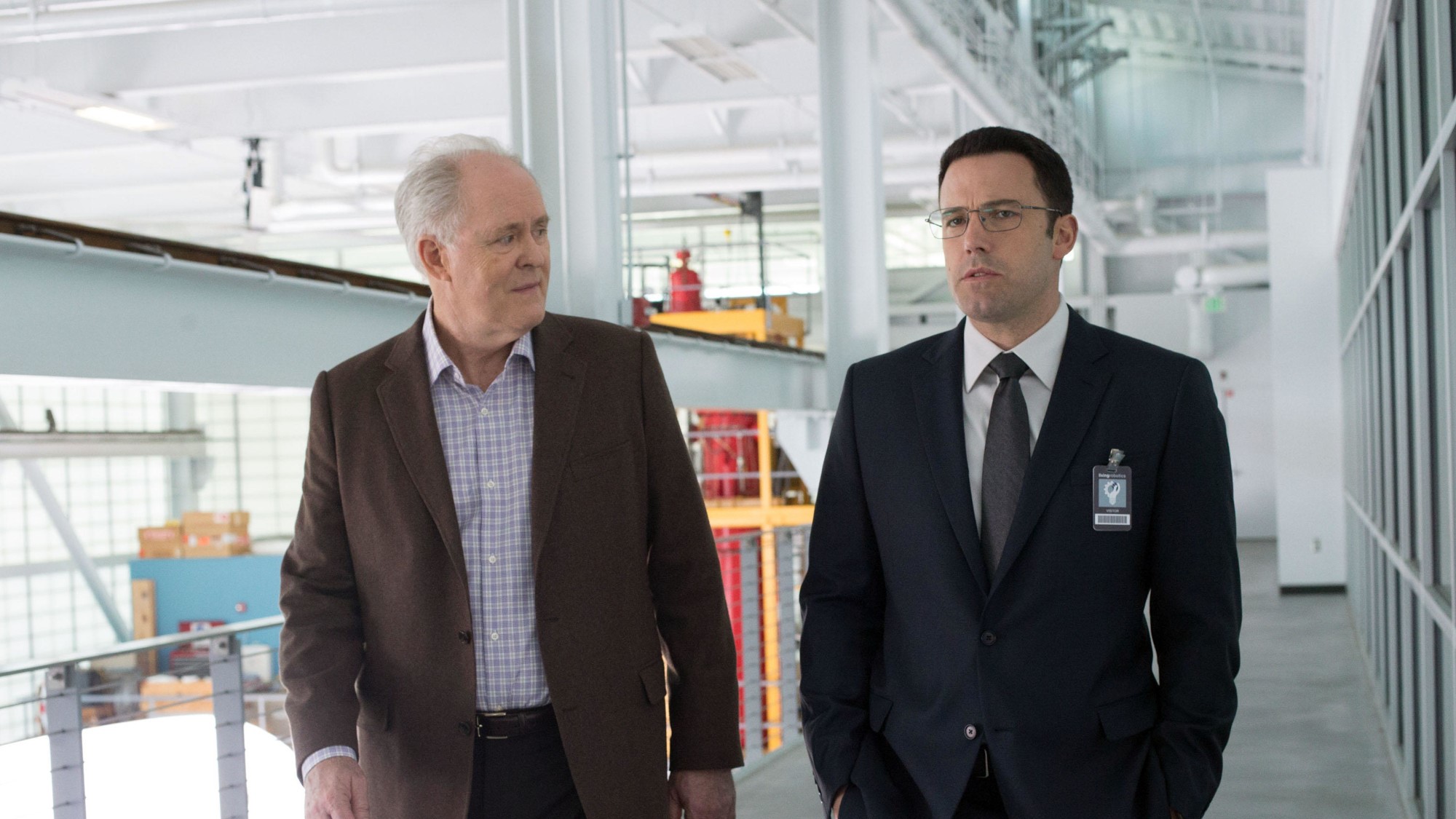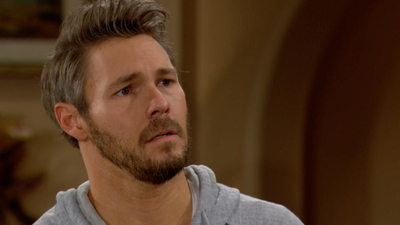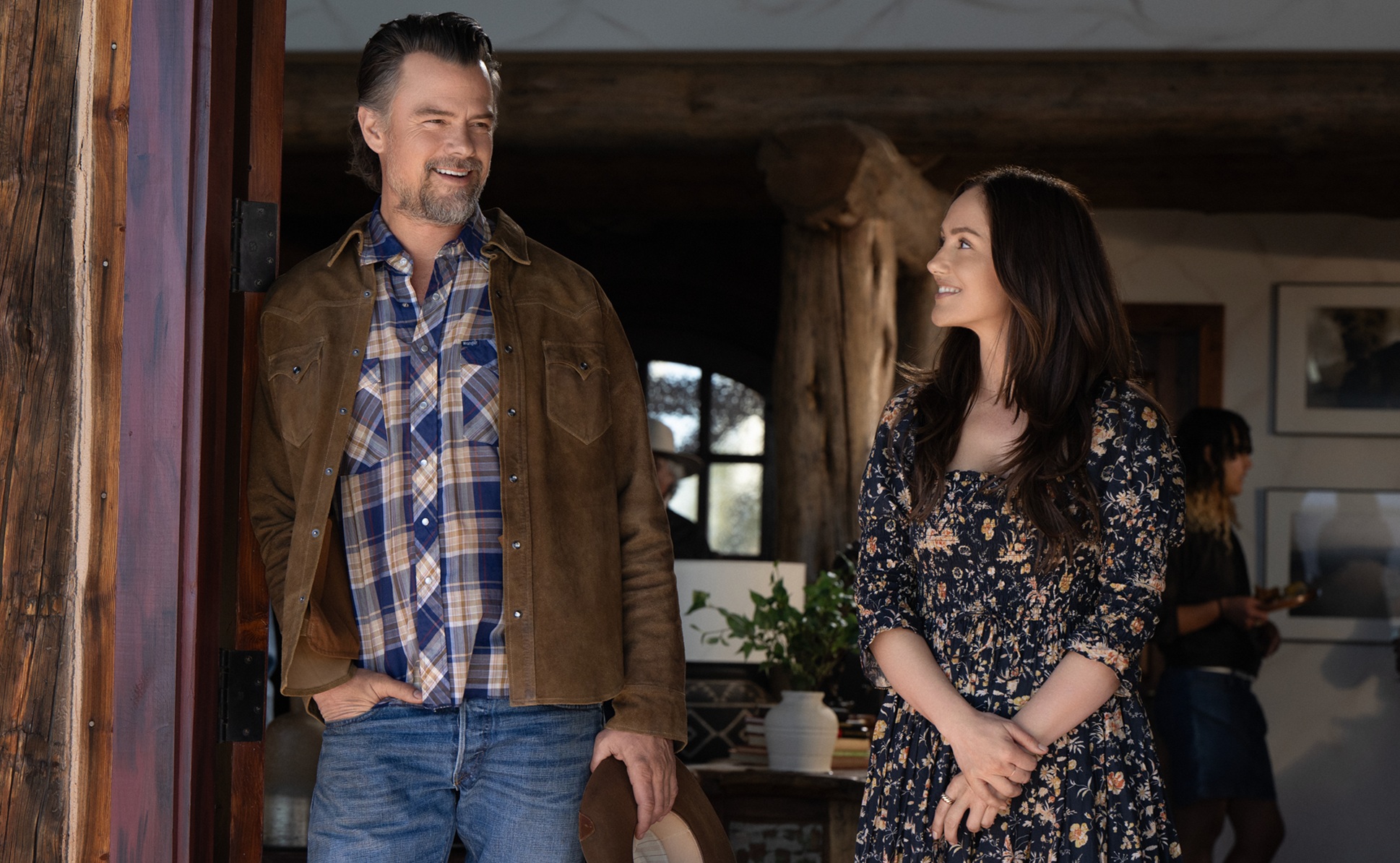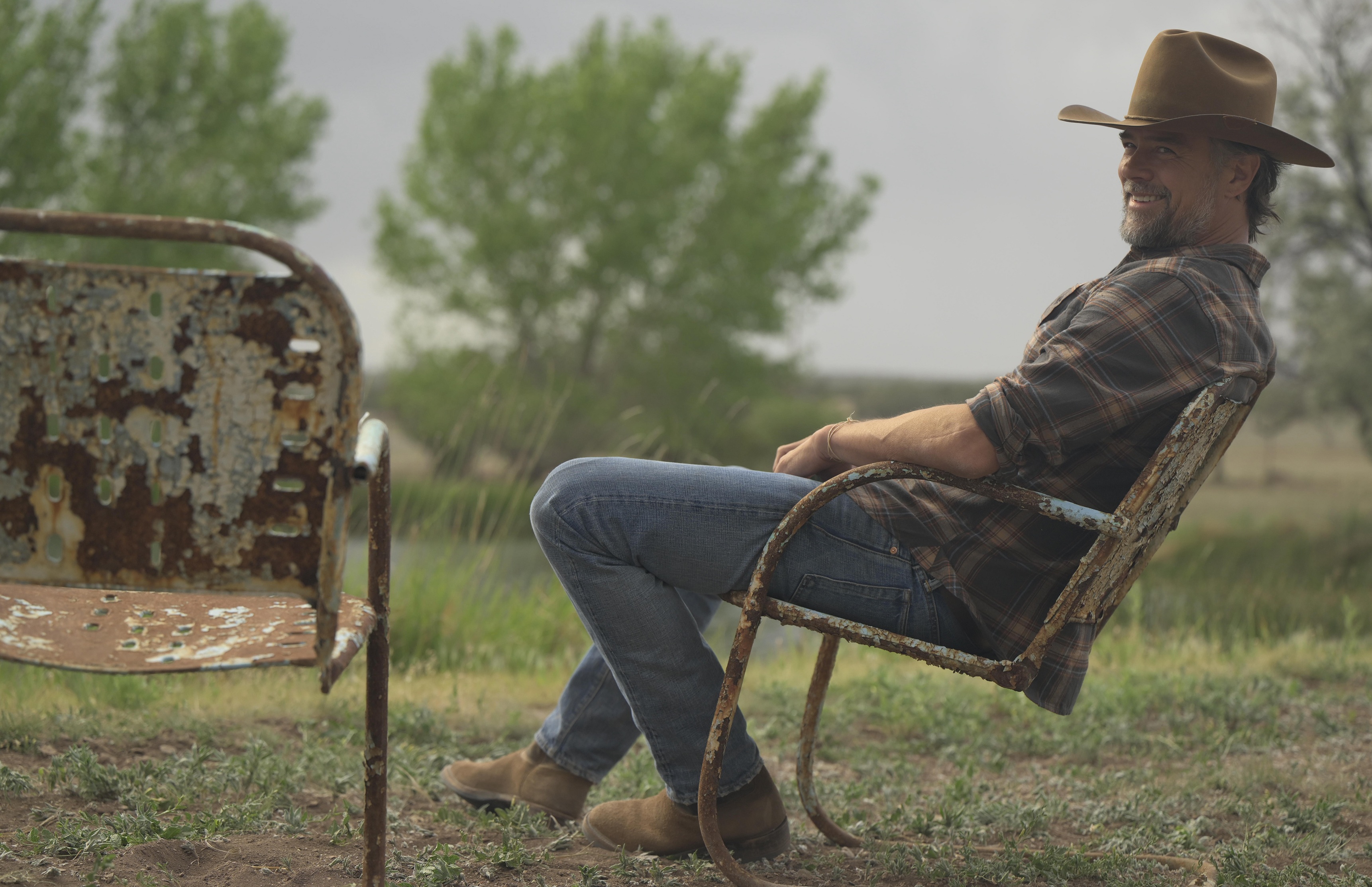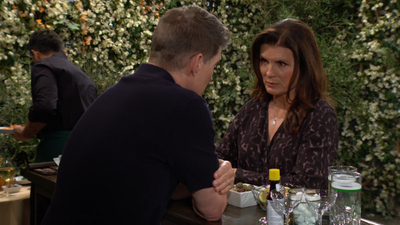Fact vs fiction: Sherwood — did spy cops really infiltrate mining communities?
Sherwood is inspired by historical events, but are spy cops real?
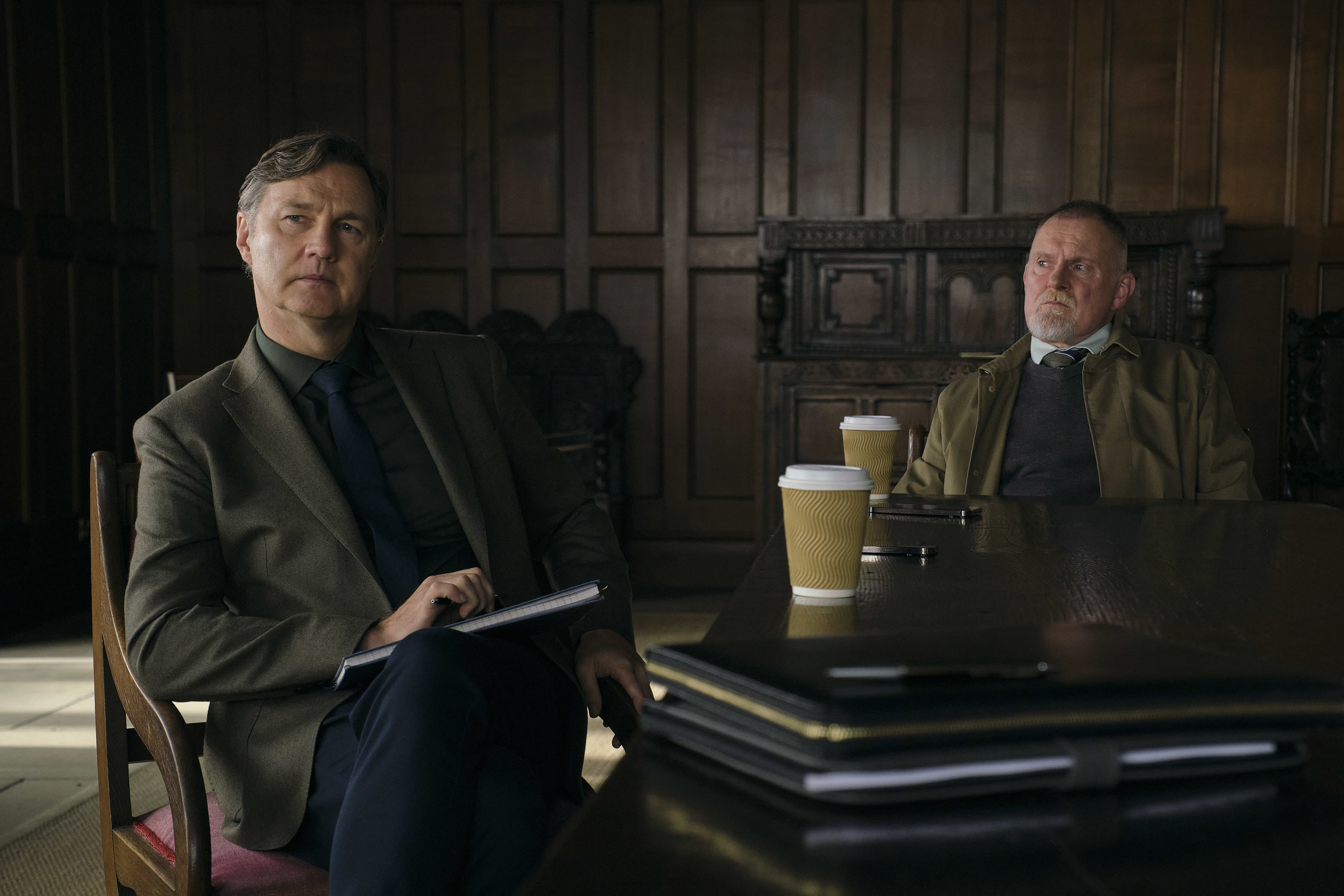
A tale of miners, murder and spy cops, Sherwood has captivated viewers since it arrived on BBC One, yet things are set to get even more tense as the six-part series continues.
The third episode features a cameo from Stephen Tompkinson as Warnock, an ex-miner who went on strike in 1984 and still doesn't see eye-to-eye with many of the miners from Ashfield, who crossed picket lines and returned to work.
Yet as he was ejected from the club, Warnock dropped a shocking bombshell, when he revealed that an undercover police officer had been sent to live in Ashfield to report on the striking miners back in 1984 — and was still in the town, living under that false identity!
Yet did spy cops really infiltrate mining unions and pit communities? And if so is it possible that some of them could still be there to this day? We take a look...
What are spy cops?
A 'spy cop' is a police officer who adopts a new identity and infiltrates an organization or protest group with the intention of reporting back to the police on the group's activities.
Undercover police officers are known to have had intimate relationships and even fathered children with people they were spying on, often leading double lives for years.
It's alleged that police forces used hundreds of spy cops to report on organizations and protest groups between 1968 and 2010. The spy cops scandal is currently the subject of an ongoing public inquiry.
Get the What to Watch Newsletter
The latest updates, reviews and unmissable series to watch and more!
What is the 'Spy cops inquiry'?
The Undercover Policing Inquiry is currently looking into the tactics and activities of undercover police officers who operated in the UK. It's examining the conduct of more than 130 spy cops, with some shocking allegations being made.
It was first called for by then-Home Secretary Theresa May in 2014, after it emerged that Scotland Yard had spied on the family of Stephen Lawrence following his murder.
The inquiry, which will be hearing evidence from more than 200 witnesses, including the officers involved as well as people who were spied on, is not expected to publish its findings until at least 2023. Campaigners have criticized the slow pace of proceedings.
The inquiry is examining the conduct of two police units, the Metropolitan Police Special Demonstration Squad and the undercover section of the National Public Order Intelligence.
Which groups did the spy cops target?
Spy cops are alleged to have infiltrated a number of left-wing and progressive organisations, such as London Greenpeace, Reclaim the Streets and The Socialist Party.
One of the most infamous spy cop cases involves an environmental activist named Lisa Jones, who told The Guardian about her relationship with a fellow activist named Mark Stone.
In 2010 while they were on holiday in Greece, she discovered his real passport, with the name Mark Kennedy inside and a mobile phone containing emails from two children, calling her boyfriend “Dad”.
“I remember feeling that the world was suddenly a really long way away,” she said. “I just remember that the mountains were pulsating and swimming around me.”
When Lisa Jones — who uses a pseudonym — and her friends established that Kennedy was a police officer, it set in motion a chain of events that unearthed what many people consider to be one of the most closely guarded secrets in police history.
Did undercover officers spy on miners during the strike?
There's no solid evidence that the government infiltrated mining communities, but the National Union of Mineworkers (NUM) has been given core participant status at the inquiry, meaning it gives evidence and hope to find out if they were spied on.
Tyrone O'Sullivan, former NUM branch secretary, told the BBC he's convinced that undercover officers infiltrated the union's ranks during the strike and fed information back to the police, who in turn passed intelligence on to Margaret Thatcher's government.
"We were a huge threat to the government. They spent billions to defeat us," said Mr O'Sullivan. "They tapped our phones, they infiltrated into us. That didn't happen because of the strike, it started years before.
"You can't do it infiltrate the community a week before the strike — you can do it two years before the strike. You can be part of the community that way."
Mr O'Sullivan has also spoken of his suspicions that one individual he knew at the time — whom he refuses to name — was an undercover police officer.
"Definitely now, at the time no, but with what happened after the strike we thought there was a reason for this. He'd gone away too soon, he'd left too soon. He'd left a girl he had made so many promises to."
Sherwood writer, James Graham, on spy cops
"I wanted to tell lots of different stories inspired by historic events, traumas or anxieties. Through the ongoing inquiry, we're uncovering new victims of undercover policing all the time," says James Graham.
"We're familiar with that as a tactic in other police dramas, like Line Of Duty, where we expect undercover officers to assume identities and go and fight organised crime or terrorist cells. What's completely shocking and is how that same thing was applied to completely non-violent, innocent, everyday people.
"The National Union of Mineworkers are a core participant in this inquiry. They absolutely believe that during the 1980s, and if not before, spies were placed to report on normal people. They believe they exacerbated — and some people would argue, deliberately provoked - tensions within and between different mining villages in order to whip up a febrile atmosphere with which the police and everyone else could beat the strike.
"I think it's a new story. I think most people aren't aware of it. I think it's shocking and I thought that drama was a helpful way of unpicking how complicated and shocking some of that stuff is."
Sean is a Senior Feature writer for TV Times, What's On TV and TV & Satellite Week, who also writes for whattowatch.com. He's been covering the world of TV for over 15 years and in that time he's been lucky enough to interview stars like Ian McKellen, Tom Hardy and Kate Winslet. His favourite shows are I'm Alan Partridge, The Wire, Wolf Hall and Succession and in his spare time he enjoys drinking tea, doing crosswords and watching football.
